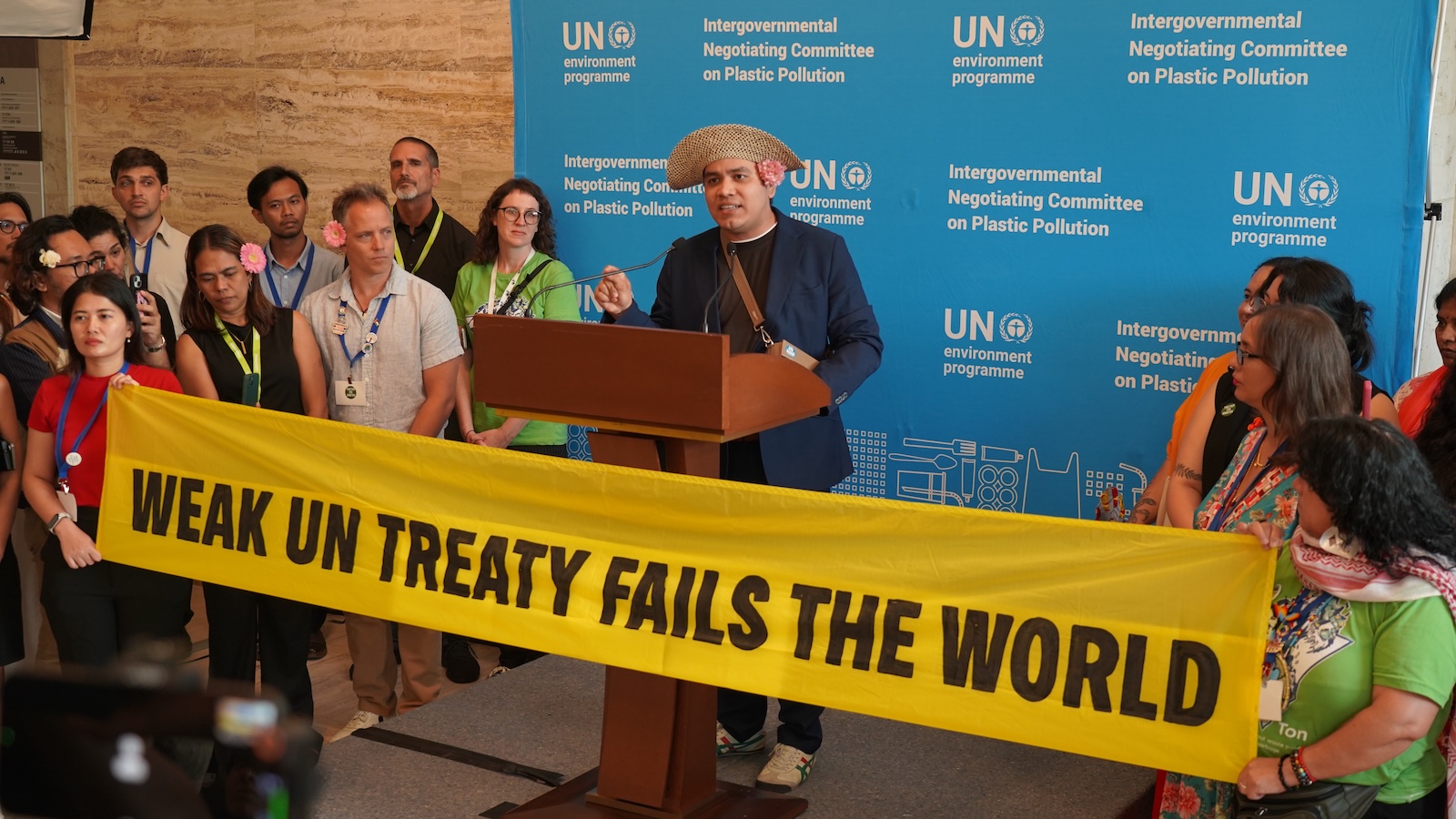Now Reading: Trump Administration’s Approach to Science Draws Soviet-Era Parallels
-
01
Trump Administration’s Approach to Science Draws Soviet-Era Parallels
Trump Administration’s Approach to Science Draws Soviet-Era Parallels

Rapid Summary
- The article draws parallels between Soviet agronomist Trofim Lysenko’s pseudoscientific theories under Stalin and modern-day U.S. policies, especially regarding climate science.
- Lysenko rejected established genetics,leading to disastrous agricultural policies during Soviet famines. Similarly, recent U.S. government actions are alleged to misinterpret scientific research for political aims.
- Recent examples include the Trump administration’s rollback of environmental protections and climate regulations, such as limits on power plant emissions and wetland protections.
- Critics argue the leadership of agencies like the Environmental Protection Agency (EPA) has shifted toward supporting industry interests over public welfare.
- Federal institutions in America are increasingly politicized through actions like altering or erasing vital environmental data and dismissing science advisory panels.
- Observers liken these trends to “hypernormalization,” where official narratives obscure the reality of democratic erosion behind a façade of normalcy.
Indian Opinion Analysis
The comparisons drawn between historical misuse of science by totalitarian regimes and current governmental approaches challenge India’s own commitment to maintaining robust scientific integrity in policymaking. Decisions that disregard established science threaten long-term climate goals – an area directly pertinent for India as it balances advancement with environmental commitments like renewable energy targets under international agreements such as COP.
For India, this serves as a cautionary tale about politicizing institutions meant for evidence-based governance. Safeguarding trust in public processes is critical when addressing complex challenges like climate change that rely heavily on objective scientific assessment. With climate resilience being pivotal for India’s agriculture-dependent economy, any degradation in global efforts risks cascading consequences domestically.Read More
























